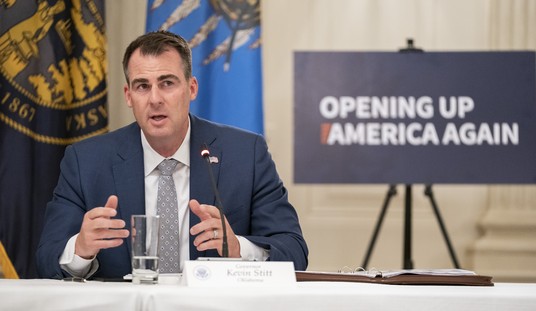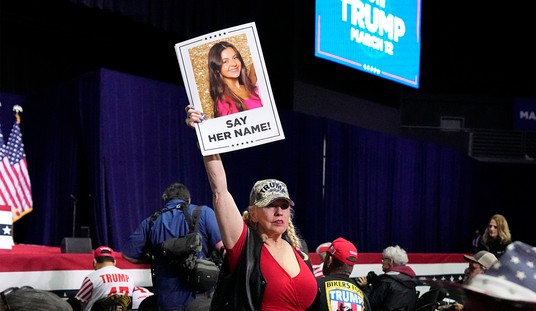
Yesterday, the most extraordinary op-ed ran in the New York Times. It was by Japan’s Prime Minister Shinzo Abe. The subject was North Korea.
He gives a concise overview of what negotiating with North Korea gets you:
In the early 1990s, North Korea’s announcement to withdraw from the Nuclear Nonproliferation Treaty and the International Atomic Energy Agency was a wake-up call. In response, Japan, the United States and South Korea engaged in dialogue with North Korea and agreed to construct two light-water reactors and to provide heavy fuel oil in exchange for freezing and ultimately dismantling its nuclear program. Japan, the United States and South Korea shouldered most of the financial burden, with the cooperation of Europe and other Asian countries.
We know what happened next: Several years after the heavy fuel oil was delivered and construction started on the light-water reactors, North Korea admitted to having a uranium enrichment program in violation of the agreement.
By the end of 2002, North Korea expelled I.A.E.A. inspectors, followed by an official withdrawal from the NPT in 2003. China and Russia then joined Japan, the United States and South Korea to create the six-party talks with the North. Pyongyang again agreed to the verifiable denuclearization of the Korean Peninsula. But instead, it declared itself a nuclear power in 2005 and carried out a nuclear test in 2006. The five countries’ attempt to solve the problem through dialogue failed.
In short, while the international community provided North Korea with sanctions relief and support as “compensation” for its pledges, the regime ignored most of its commitments.
And he rightly comes to this conclusion:
Considering this history and its continuing missile launches and nuclear tests, more dialogue with North Korea would be a dead end. Pyongyang would see more talks as proof that other countries succumbed to the success of its missile launches and nuclear tests. Now is the time to exert the utmost pressure on the North. There should be no more delays.
He is exactly right.
Winston Churchill is famous for his saying that “jaw-jaw is better than war-war.” Churchill, unlike an enormous number of academics and think-tank denizens, never mistook “jaw-jaw” for appeasement. The international community has offered the North Koreans a way forward. Denuclearize and demobilize your ballistic missiles, in other words, comply with a couple of decades of UN Security Council resolutions and then we can discuss economic aid.
Abe’s statement is a very neat fit with the White House press conference by Nikki Haley and H. R. McMaster on Friday where they both said that time was running out. And over the weekend, McMaster reiterated on FoxNews Sunday:
This regime is so close now to threatening the United States and others with a nuclear weapon that we really have to move with a great deal of urgency on sanctions, on diplomacy and on preparing, if necessary, a military option.
Keep in mind this op-ed didn’t drop on Sunday. It was submitted to the New York Times before the Friday press conference so it is a sign that Japan and the United States are coordinating very closely on North Korea. The fact that it comes right before Trump flies to the Far East can’t be lost on anyone.
What struck me about the tone of the op-ed is that Abe is saying that Japan has concluded that military force may be necessary in order to prevent a recurrence on 1945 and they are willing to do their part.













Join the conversation as a VIP Member